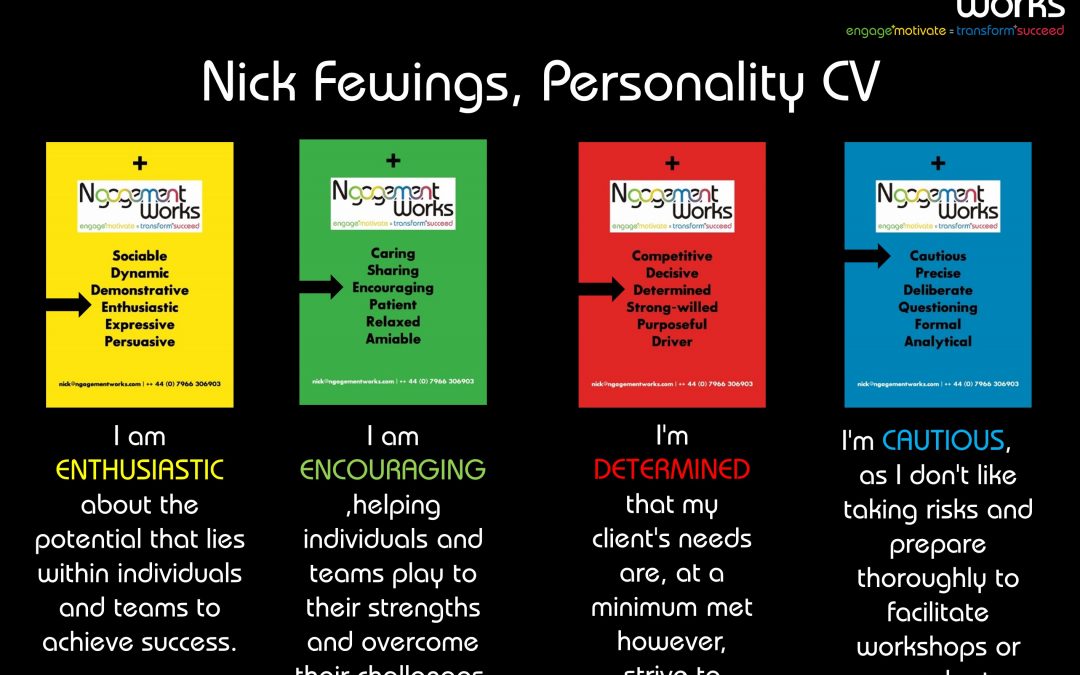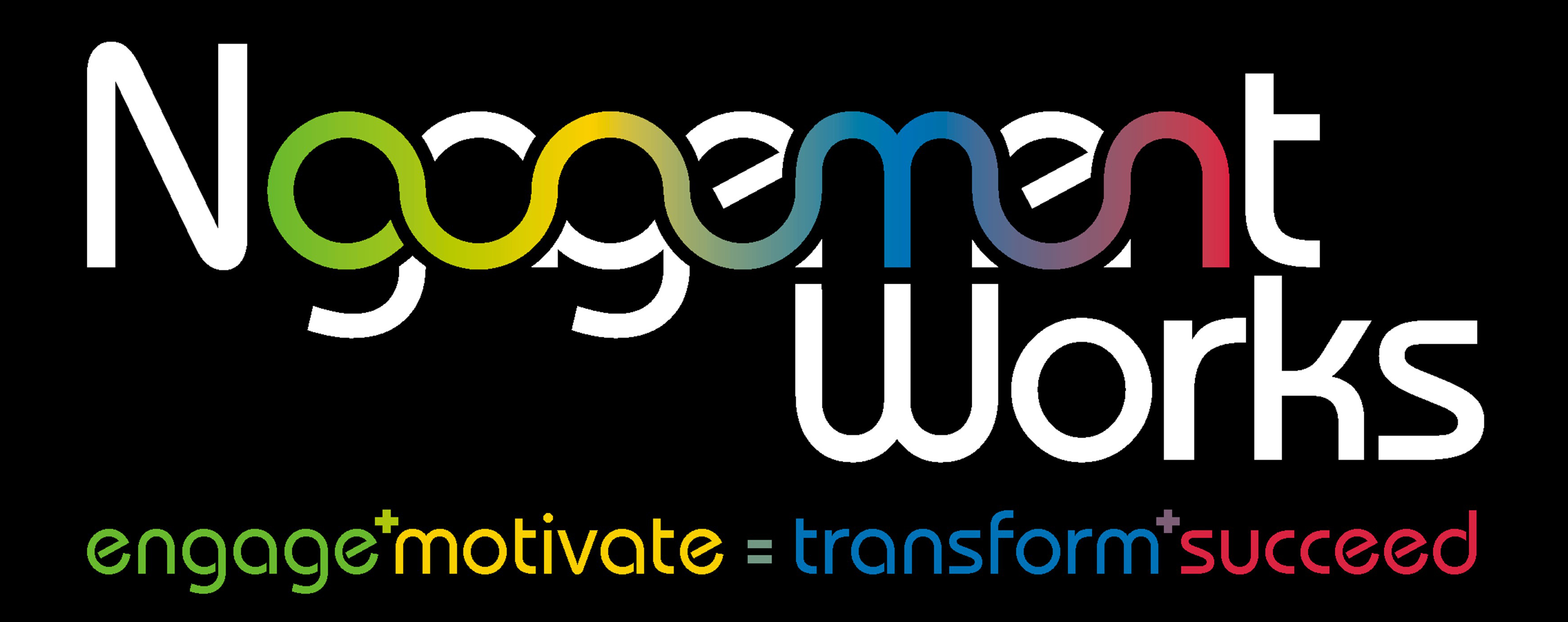A few months ago, I was facilitating a module as part of my Transformational Leadership programme. The team I was working with, consisted of 10 Directors and the PA to the CEO, who was also part of the group.
This was the 2nd session, having initially explored the behavioural style of the individuals within the group in the 1st session.
The focus of the 2nd session was to really get under the skin of how the leaders worked effectively together as a team and to build trust through open, honest conversations about what was working well and what wasn’t.
Following a re-cap of the actions that individuals had taken since our last session, we were about to start the new learning, when Gill, the PA to the CEO spoke up.
Gill: “Before we start, I want to say something that has been on my mind, as we are dealing with trust and being open and honest about how we operate as a team.”
Heads turned to Gill, as she was one of the quieter members of the team.
Gill composed herself and began: “I’ve read the article that Nick wrote about Speaking Up about bad behaviour, which has given me the courage to say this. As leaders, your time keeping is appalling and so wasteful. I’ve heard individuals within this team moaning behind each other’s backs about this, however not one of you has brought this to the attention of the whole group.”
One of the team asked Gill to continue.
Gill: “Well, we all knew the topics we would be discussing today, so I thought I would start with time management at our weekly meetings. For one reason or another, our meetings never start on time and we never start them until everyone who is available is present. I’ve been keeping an eye on this over the last 6 weeks since Nick worked with us last.
In that time, we’ve had 6 meetings, with an average of 8 people attending each one. Each meeting has started on average 10 minutes late. I have also watched people who are there on time and what they do whilst waiting. About half are not engaged in something of value to the business.”
There were nods of heads from everyone in the team. At one time or another, they had all been guilty of turning up late or indeed, if they were waiting on their colleagues, not using the time productively.
“So what are we going to do about it?” one of them asked the group. “Any ideas Gill?”
Gill replied: “Well one thing that would help is your diary management. As you know, I look after Peter’s diary (the CEO) and I always make a point of allowing a minimum of 15 minutes between Peter’s last appointment and our leadership meeting. This allows for any run over from his previous meeting and also time to get to our meeting. I suggest as a start that you all do the same.
6 weeks later, when I went back to facilitate the 3rd session, there was a tangible difference to the mood of the group. I could feel the positive energy in the room.
“How’s the time keeping going Gill”, I asked. She smiled, “Wonderfully well, thank you. We’ve implemented the 15 minute rule between appointments and also committed to start on time, irrespective of whether someone is delayed for reasons beyond their control. If they need to catch up with what they’ve missed, they see me after the meeting.”
A true story, with the names being changed to respect anonymity.
It just goes to show that having the courage to speak up, can make such a positive difference and often, what you say, everyone else is thinking anyway.
Here’s to Speaking Up & PA Power.
Yours behaviourally, Nick
Related Articles:
SPEAK UP! You owe it to yourself, your colleagues and your leaders.
Trust In Your Team?
Don’t Blame The Accidental Manager
"82% of...




